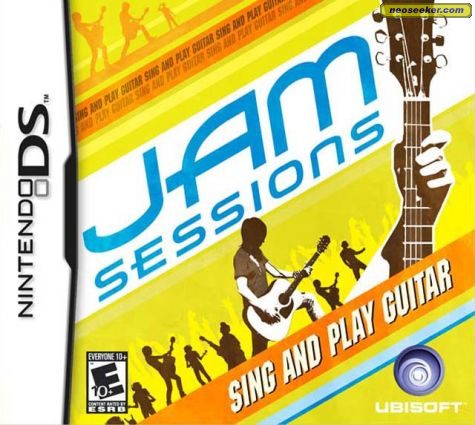


Or it might have turned out to be a standard orchestral score which only utilizes the synths in two or three tracks, making them stick out like a sore thumb, but fortunately, that did not happen. This could have easily ended up as a serious case of “style over substance”, like the two seasons of “Stranger Things” which simply used some 80s toys without thinking about storytelling at all. Thank god that, three years later, former DEVO-leader Mothersbaugh went for that sound and even fully explored it.
#Mark mothersbaugh grandmaster jam session full
The soundscape itself is worth every single minute you spend within it and, to be honest, this is the sound I was hoping for when Tyler Bates got attached to “Guardians Of The Galaxy”, which was full of references to the 70s and 80s, including its collection of songs. “Thor Ragnarok” is such a breath of fresh air, music-wise, it’s a bliss. The Overall Soundscape: A Much Needed Breath Of Fresh Air Mothersbaugh got what Waititi was going for right away and settled for a combination of a traditional full-orchestra and choir combined with retro-synths. Reportedly, Waititi (by the way, if you don’t know who that is, close this review and watch “What We Do In The Shadows”… but come back after that… please!) viewed the film as a modern “Flash Gordon” and would have loved to get Queen for the soundtrack, but since Freddie Mercury is not among us anymore, he went for Mothersbaugh who jumped immediately on the chance to work with Watiti after having seen “What We Do In The Shadows” and “The Hunt For The Wilderpeople”. As pleased as everyone was, nobody expected this, but if you have heard his two “Cloudy With A Chance Of Meatballs” scores, you knew you were up for a treat. Hiring Mark MothersbaughĬue the huge gasp of surprise as Mark Mothersbaugh got confirmed as the new composer. He did make the effort to use that theme in “Age Of Ultron” at least, so that must count for something.Īfter “Age Of Ultron” however, there has been some yet-to-be-cleared-up fallout between Tyler and Disney, so Tyler got the boot as well and all bets were off for the third “Thor” movie. I mean, it’s not like we’re living in a world where John Williams turned his creepy-ass Emperor theme from “Return of the Jedi” into an annoying happy-sappy children-song in “The Phantom Menace”, right?Īnyway, Tyler’s entry was pretty well received overall, although criticized for his kinda standard-theme. Tyler then ditched Doyle’s theme, making the nonsensical claim, that they wouldn’t fit the more grown-up and developed Thor now because thematic development apparently is non-existent. When Branagh wasn’t hired to helm the sequel, the studio brought in Carter Burwell, only to discard him for Brian Tyler (who scored “Iron Man 3” the same year in a desperate try to make him the main Marvel composer).

Since Kenneth Branagh directed the first installment, Patrick Doyle went along with him, instructed by Marvel to make his best Steve Jablonsky impression (yet somehow, fortunately, delivering a pretty good score). The MCU and Thematic ContinuityĪs with any character in the MCU, Thor’s thematic structure was basically non-existent.
#Mark mothersbaugh grandmaster jam session movie
Sufficient to say that the film did what every Marvel movie does: Make a whole flip-ton of money! Critics, audiences, and wallets all over the world love this movie, as did yours truly (it might be my favorite MCU movie to date). Because the world might not deserve Jeff Goldblum, but god knows we desperately need more Jeff Goldblum. Read also: Mark Mothersbaugh's film score for Thor: Ragnarok out now Embracing The Oddityįollowing the success of the two “Guardians Of The Galaxy” movies, “Thor Ragnarok” stopped taking its title character serious (well, as serious as an MCU-movie could be) and just embraced the ridiculousness of a blond hammer-wielding demigod from outer space throwing lightnings around like a crazy person and going on adventures with a green rage-monster called ‘Hulk’ and just hired director Taika Waititi and cast Jeff Goldblum.


 0 kommentar(er)
0 kommentar(er)
